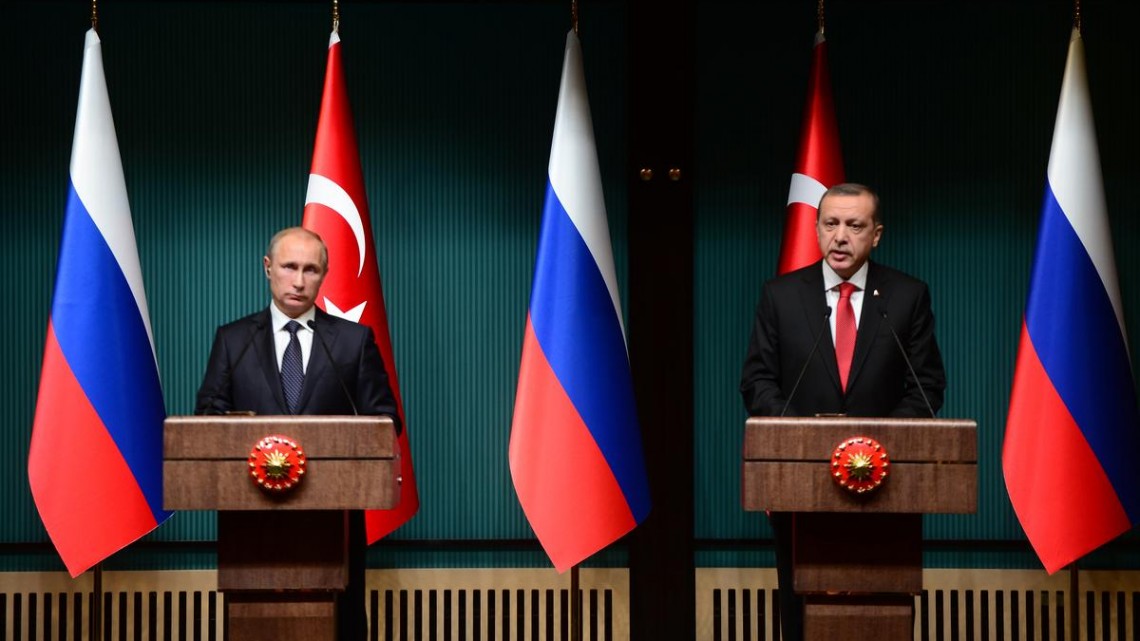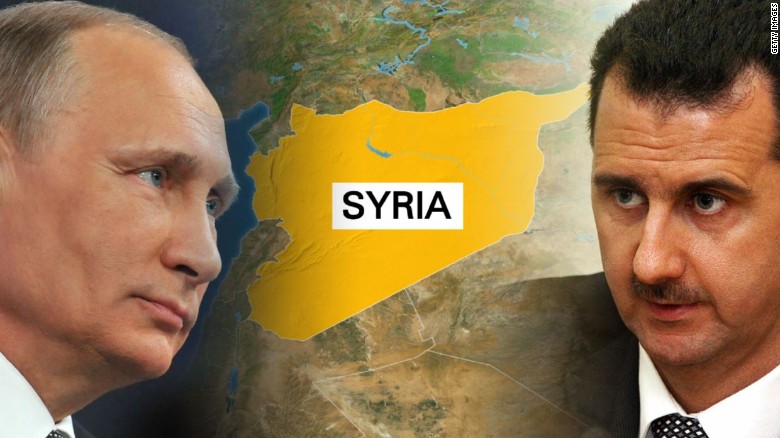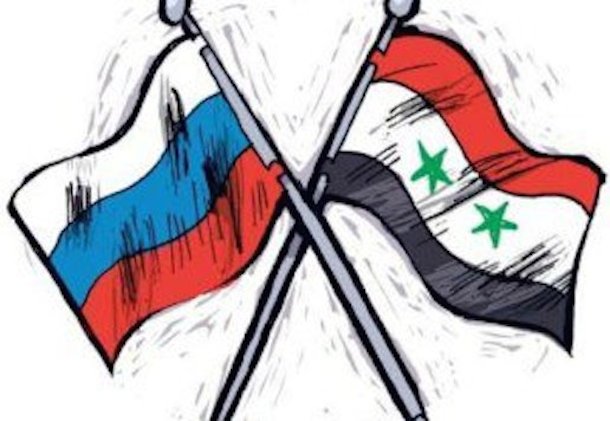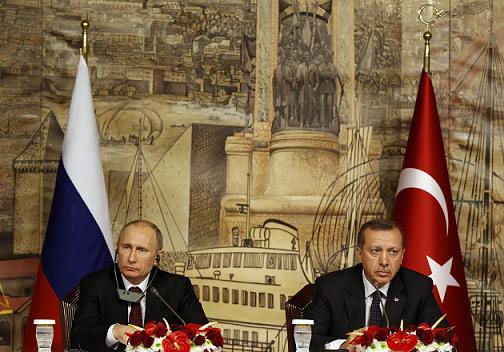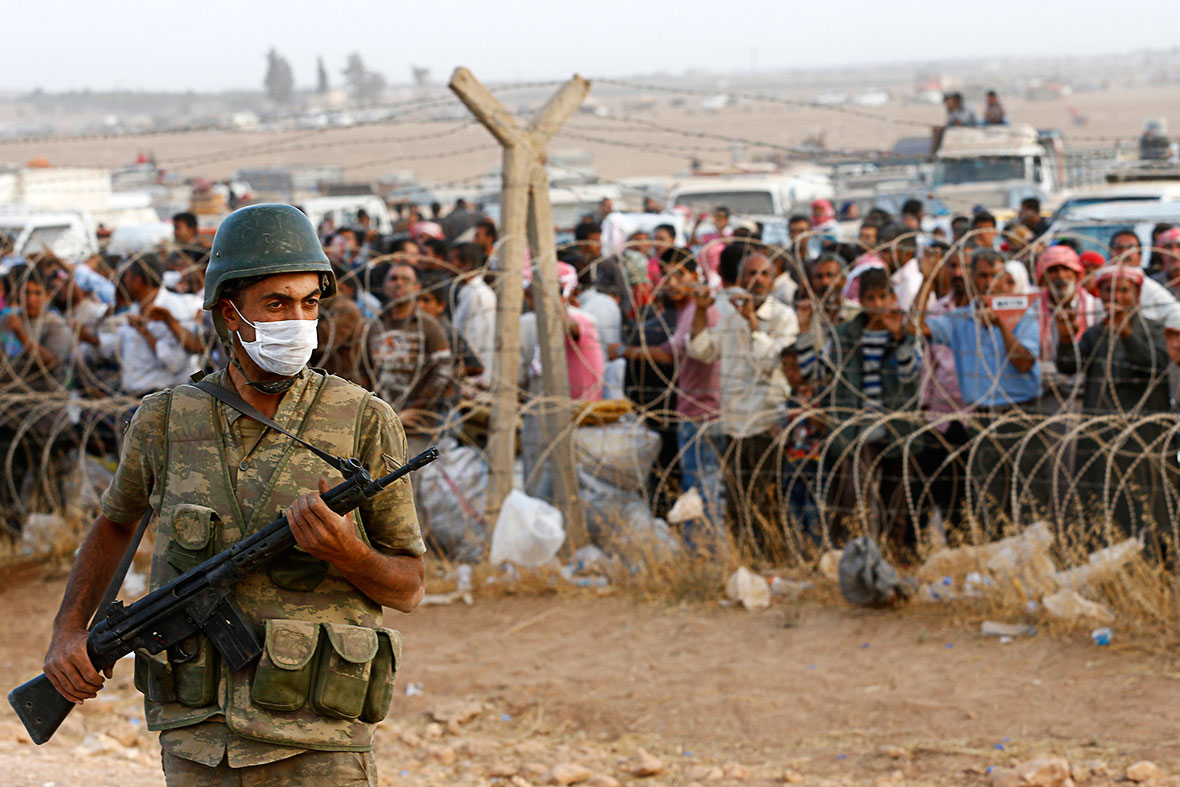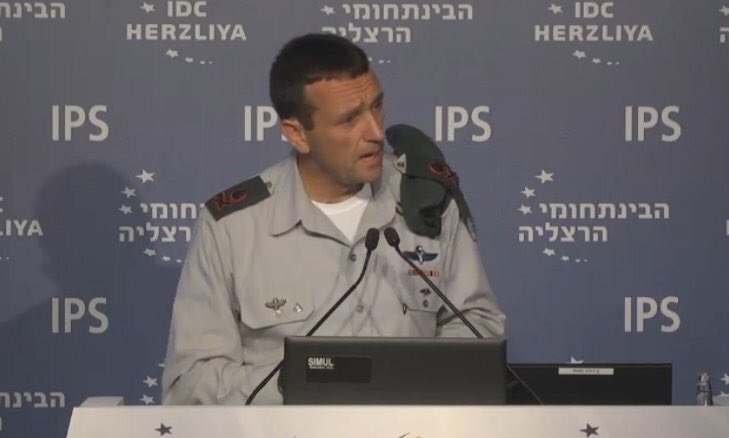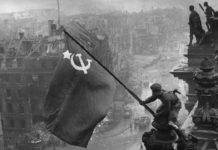The Kurds, a nation numbering tens of millions of people is, along with Palestinians, one of the most persecuted and suffering nations during all the dramatic history of the Middle East.
Their right to self-determination was denied, as happened also with Palestinians. They have suffered a ferocious repression, time and again, from local powers controlling their territories and, more indirectly, from western imperialism (supporting for example their gazing by Saddam, or the PKK leader’s kidnapping and transferring to Turkey, by services of NATO countries and probably the Israelis).
A new, democratic, stable, progressive Middle East, one of the poles of a prospective “multipolar” world, cannot come into existence if this question is not answered. But it is easier to say than to do it. And it is also possible to use a “good cause” for a larger “bad” one. The opposite is of course true. You cannot create a stable “regional order” based on “local injustices”.
Is the proper solution the creation of a new state, where now lie Turkish, Iraqi, Iranian or Syrian territory? Are federations a proper scheme or the problem can be solved just with recognition of extensive minority rights? Can Arabs, Kurds, Iranians, Turks achieve a viable compromise, denying to imperialism, colonialism and the neoconservative Architects of the Chaos, the possibility of using one nation against the other?
There is no clear answer. For the time being Americans, Israelis and Russians try to influence the “Kurdish factor”. The “Empire” wants to use again the Kurdish question as a tool for its own aims. From the “Clinton mails” we know, beyond the shadow of a doubt, that the basic reason behind interventions in Syria, efforts to overthrow Assad and support for ISIS, was no other than to make possible the war against Iran, that is the destruction of the capacity of Syria and Hezbollah in Lebanon to threaten Israel with retaliation. This is also the way the dominant school of thought inside Israeli strategic planners seems to understand things. (Of course, there are important dissenting voices, both inside Israeli establishment and Jews worldwide).
Until now, western military intervention in Syria was twice averted, two years ago and again last year. The Russian intervention did make impossible the overthrow of Assad. Still, if the “plan A” of the neoconservatives has been defeated, they were able to get some profit out of the compromise. For instance, the price for Assad to avert a military intervention of the USA in 2013, was that he had to destroy his chemical arms. In the situation Assad and Syria were found, this did not seem probably a huge concession. Still, it was a great achievement from an Israeli viewpoint, given the rather “apocalyptic” way many Israeli planners look to strategic realities around their country.
In any case, what is more than clear, already, is that no Nation of the region will benefit if the neoconservative project goes on. But, in the same time, nations of the region are notorious for their incapacity to solve their inner differences in a productive way. It is also clear, that there can be no defeat for neoconservatives, if there is not a comprehensive counter-project for this region.
Defend Democracy Press will try to bring to its readers various viewpoints of interest as far as the Kurdish question is concerned. We begin with an article about what is going on in Rozava and another, which translates a view from Damascus, putting the Syrian Kurdish question in the context of the general imperialistic planning for the region.
